Happy Summer Solstice! Summer is a time for fun and adventure…in the garden! Vegetable gardens are in full bloom this season. In Texas, gardeners have to remain diligent about watering and protecting their precious plants from the brutal heat. In the Southwest, where it’s dry and arid, people have developed techniques in order to adapt their gardens to the environment. One such technique is practiced by the Zuni (A:shiwi) called Latdekwi:we, or waffle gardening.
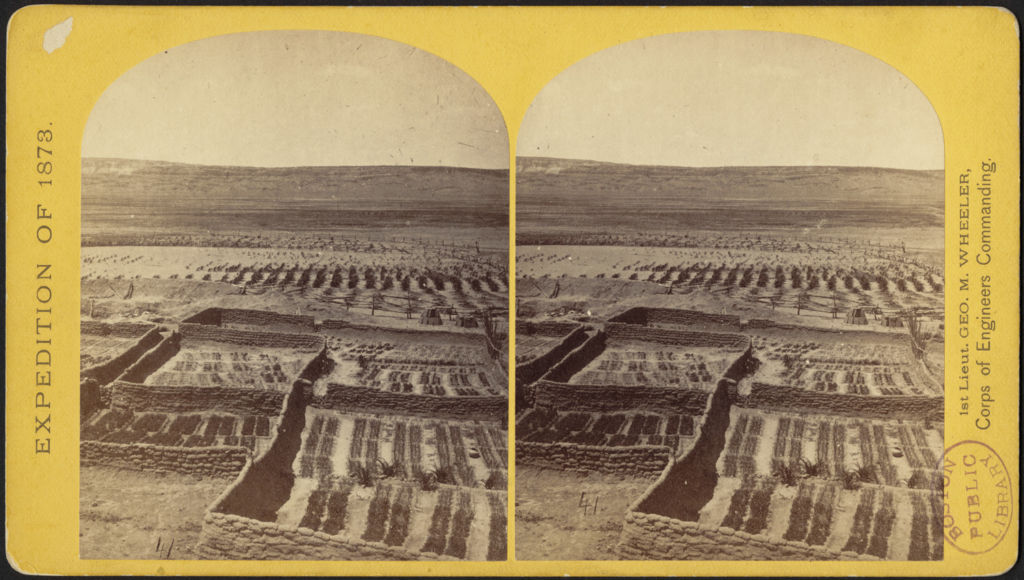
Timothy O’Sullivan. Gardens surrounding the Indian pueblo of Zuni, 1873. Stereograph. Source: Stereographs from geographical explorations and surveys west of the 100th meridian, expeditions of 1871, 1872, 1873, and 1874 – 1st. Lieut. Geo. M. Wheeler, Corps of Engineers, commanding. Courtesy Boston Public Library.
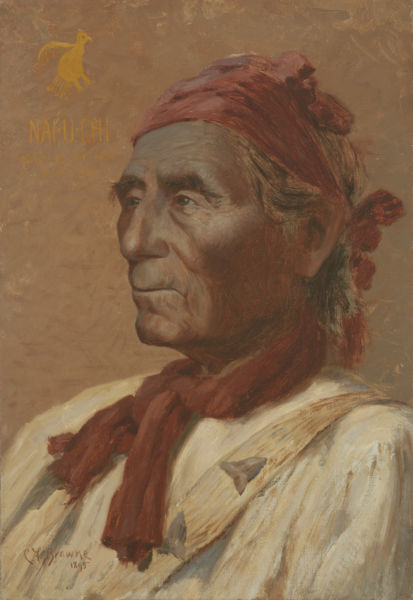
Charles Francis Browne, Nai-U-Chi: Chief Of The Bow, Zuni 1895, 1895, Oil on canvas, 18 1/2 x 12 3/4 inches
Members of the Zuni people, like Nai-U-Chi, felt a close connection with the environment and maintained a special relationship with the natural world for centuries. Through their keen observations, the Zuni adapted farming skills to the lands in which they lived. Because New Mexico receives very little rain, the Zuni developed a dry-farming method – Latdekwi:we. The technique earned the nickname waffle garden because from above, the layout of recessed beds resembles the delicious breakfast food.
A waffle garden is typically intended for a single or extended family, like a kitchen garden. Think of the waffle garden as the original “square foot garden.” The garden consists of a grid of squares with each square surrounded by berms, or raised mounds of dirt. The shape helps any water flow directly to the plants.
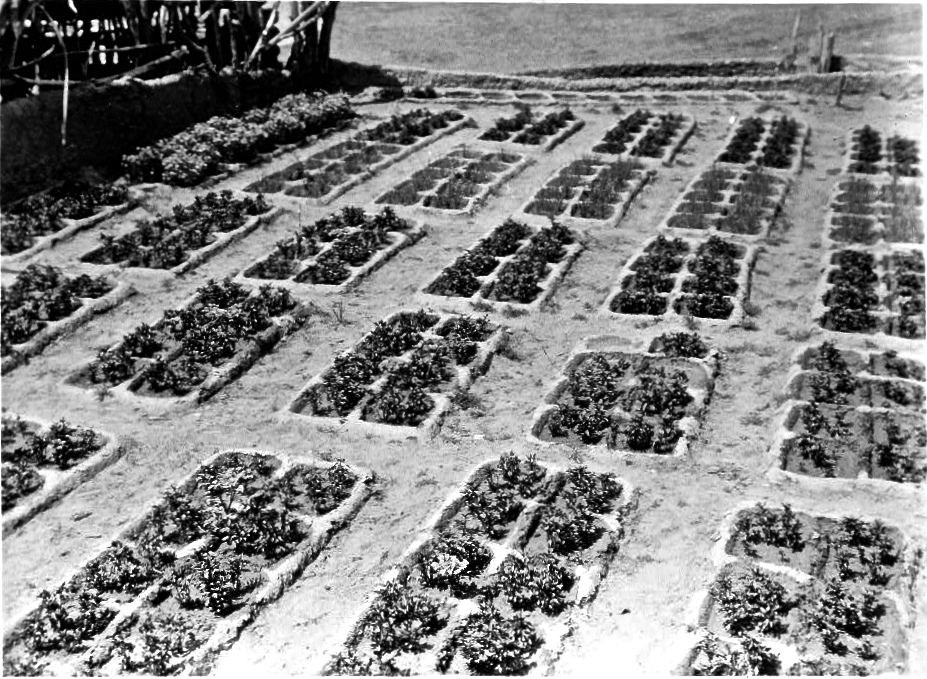
“Zuni gardens,” c. 1927, by Edward Curtis, via Library of Congress
The summer solstice holds an important place for many Native societies. For the Zuni, their spiritual practice is connected to the life cycle of all plants. Summer is a time for growth. During the summer solstice, the Zuni people perform ceremonies in hopes of a summer rainy season. The design of the waffle gardens help trap and retain what moisture the area does receive.
The Zuni people, along with other residents in arid regions, continue to practice the waffle gardening method today. By employing techniques that are specific to the environment, anyone can grow a healthy vegetable garden, even in the desert. Unfortunately, though, you can’t grow waffles.
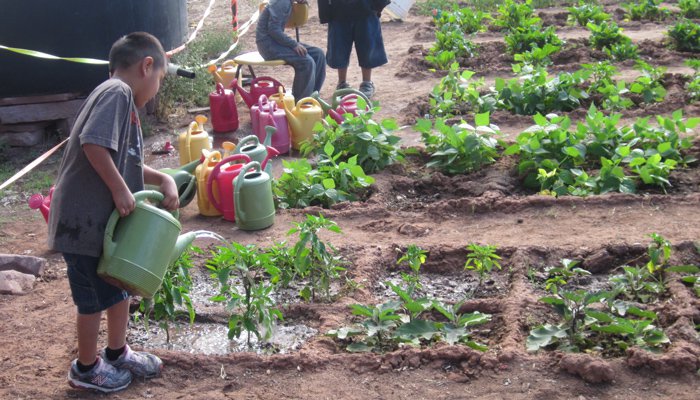
Zuni Youth Enrichment Project (ZYEP) Summer Camp
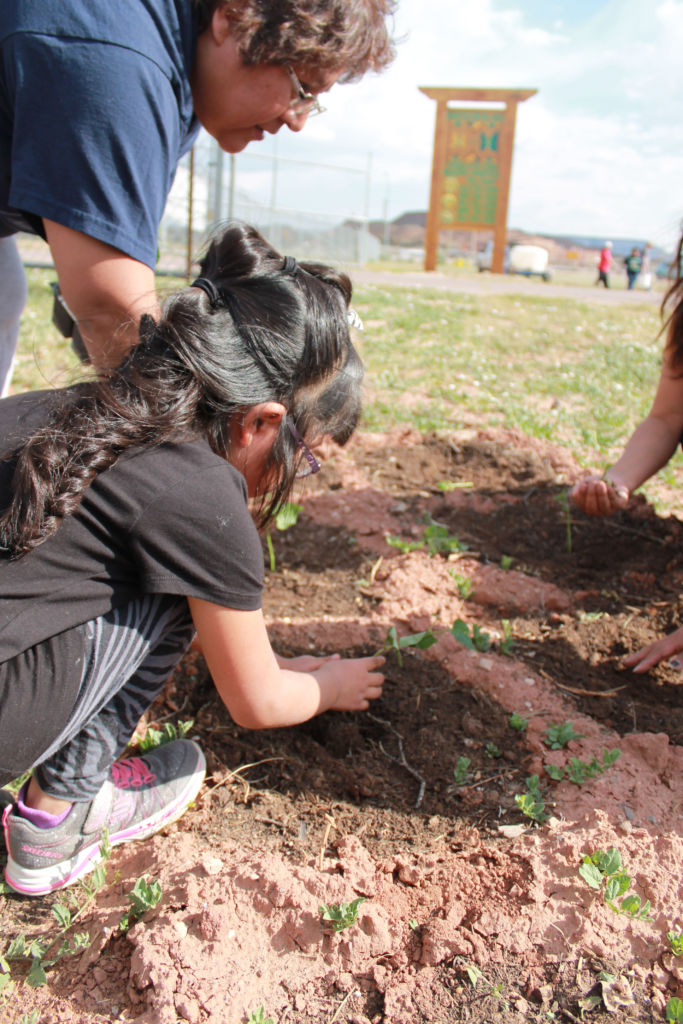
Zuni WIC Community Garden





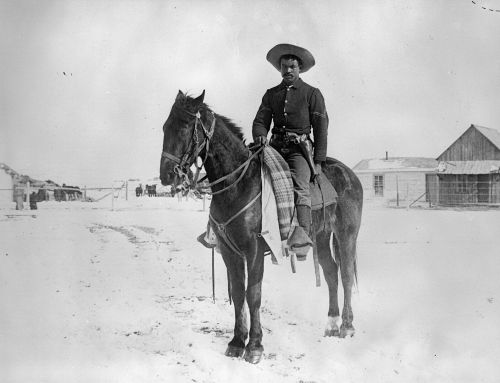
Very interesting. YES, the Waffle Garden was way before the Square Foot Garden’s time. You can’t grow Waffles, huh. Too Bad
[…] Waffles in the Garden […]
[…] deep watering, you can try waffle gardening to ensure the soil is moist for longer […]
[…] 6. Waffle gardening […]
[…] 6. Waffle gardening […]
[…] inspired the structure of the train station where Martea waits for her sister. This real-life waffle gardening technique inspired her desert-friendly garden. The neighborhood park swale is also based on a real-life […]